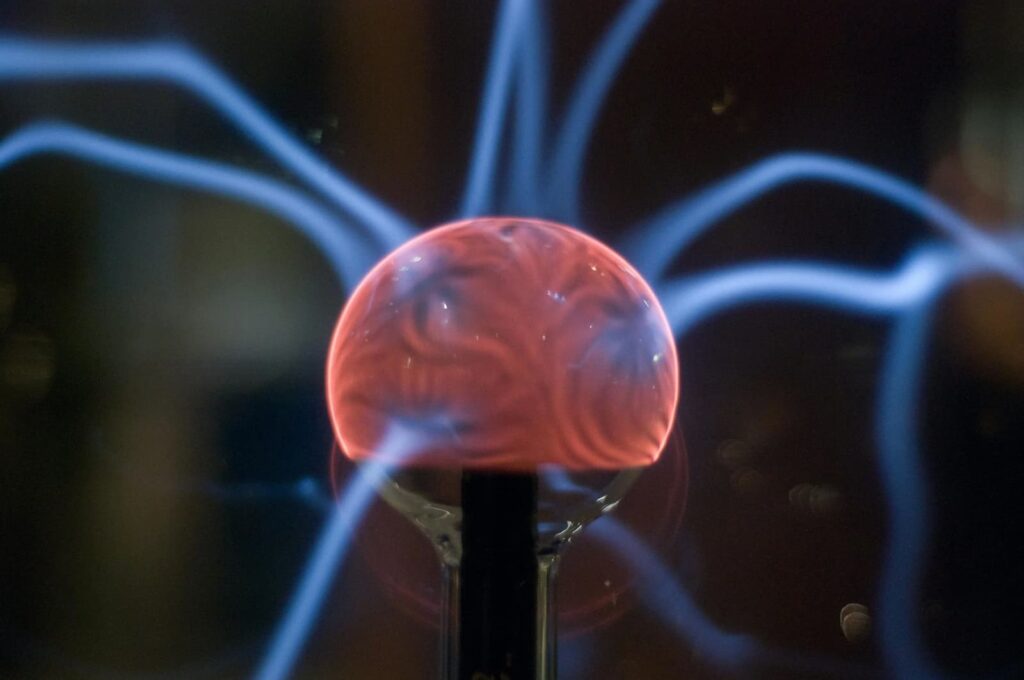The field of particle physics detection stands on the shoulders of dedicated researchers, innovators, and scientists who continually push forward the boundaries of what we know about the fundamental particles that make up our universe. However, the future of this field depends on empowering the next generation of scholars—those who will bring fresh ideas, innovative methods, and a passion for discovery into the field. Fostering this new wave of talent is essential for ensuring that particle physics continues to thrive and evolve, contributing to scientific advancements that impact both the academic world and society at large.
1. The Need for New Talent in Particle Physics Detection
As technology advances, particle physics detection has grown more complex, demanding a workforce that is proficient not only in physics but also in data science, machine learning, engineering, and even materials science. The discovery and development of next-generation detection methods require fresh perspectives to tackle the growing challenges within the field, from improving detector sensitivity to processing massive data sets. Empowering young scholars ensures a continual influx of talent and innovation, essential for tackling these multi-disciplinary challenges.
2. Educational Foundations: Building Knowledge in Particle Physics
The journey to becoming a particle physicist often begins with solid academic foundations in physics, mathematics, and computer science. Leading universities and research institutions offer dedicated programs in particle physics, providing students with access to knowledge, labs, and early exposure to detection technologies. Coursework in particle physics detection often includes hands-on experience with cutting-edge technologies, simulations, and modeling that give students a taste of real-world research applications. Programs that incorporate mentorship opportunities and lab-based learning empower students with a robust foundation, confidence, and curiosity to pursue deeper studies in detection technologies.
3. Mentorship and Community Support
Mentorship is one of the most powerful tools in cultivating future scholars in any field, and particle physics is no exception. Having a mentor allows young researchers to learn directly from experienced physicists who have already navigated the complexities of particle detection. These mentors provide guidance on research techniques, career paths, and even advice on navigating setbacks—a common part of experimental physics.
Additionally, fostering a sense of community is crucial. Conferences, workshops, and academic events focused on particle physics detection create environments where students and early-career researchers can network, present their work, and learn from others. These platforms often host special sessions for young scholars, providing a welcoming space for them to gain confidence, engage in dialogue with peers and mentors, and build the professional relationships that will support their careers.
4. Hands-On Research Opportunities
Empowering future scholars in particle physics detection requires practical, hands-on experience with detection technologies. Many institutions offer internships and research assistantships that enable students to work on real-world projects, often in collaboration with major laboratories or international collaborations, like CERN. Access to these facilities allows students to work with cutting-edge detectors, participate in data collection and analysis, and contribute to ongoing experiments. Such experiences are invaluable, giving students the skills and insights that coursework alone cannot provide and encouraging them to take ownership of their research projects.
5. Funding and Scholarships
One significant challenge for young researchers is securing funding to support their studies and research. Many programs, universities, and research institutions offer scholarships and grants specifically designed to support students in particle physics detection research. Government programs, private foundations, and international organizations also play a critical role in making funds accessible. Empowering future scholars through financial support not only enables them to pursue their research but also ensures that diverse voices and talents can enter the field, regardless of economic background.
6. Promoting Innovation and Interdisciplinary Skills

Future scholars in particle physics detection must often be versed in disciplines beyond physics, including computer science, machine learning, and engineering. Empowering young researchers by providing them with interdisciplinary skills opens doors to new types of research questions and solutions. Many institutions now offer interdisciplinary programs or joint degrees that blend these fields, allowing students to develop expertise in areas like algorithmic data analysis, detector engineering, and quantum computing. This blend of skills enables young researchers to create innovations that bridge theoretical physics and practical application.
7. Inspiring the Next Generation of Particle Physics Leaders
Perhaps the most important aspect of empowering future scholars is inspiring them to lead. Programs that encourage young researchers to present their findings, publish their work, or even participate in science communication help develop the confidence they need to become thought leaders in particle physics. Inspiring young scholars to take ownership of their research and engage with the broader scientific community is crucial for driving continued innovation and growth in particle detection.
Conclusion
Empowering future scholars in particle physics detection is an investment in the scientific discoveries of tomorrow. Through quality education, mentorship, research opportunities, funding, and interdisciplinary training, we can foster a new generation of particle physicists who will drive advancements, overcome the field’s most significant challenges, and inspire the next wave of scientists. The future of particle physics detection relies on these emerging talents, whose curiosity, dedication, and innovative thinking will continue to illuminate the mysteries of our universe.

